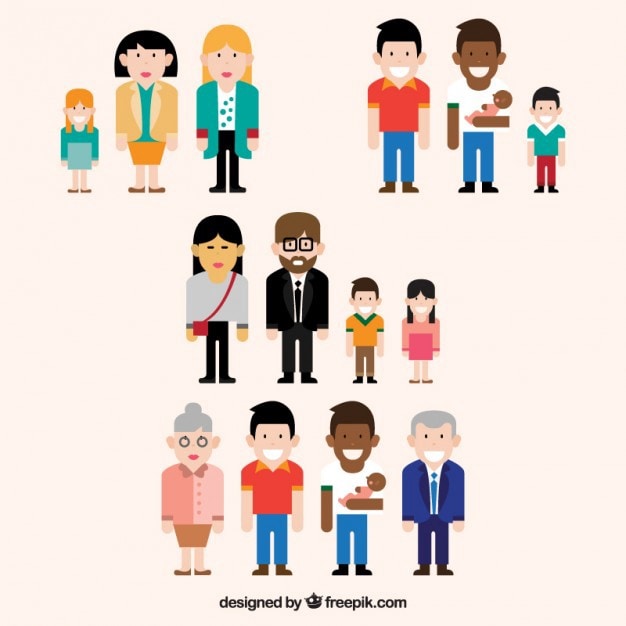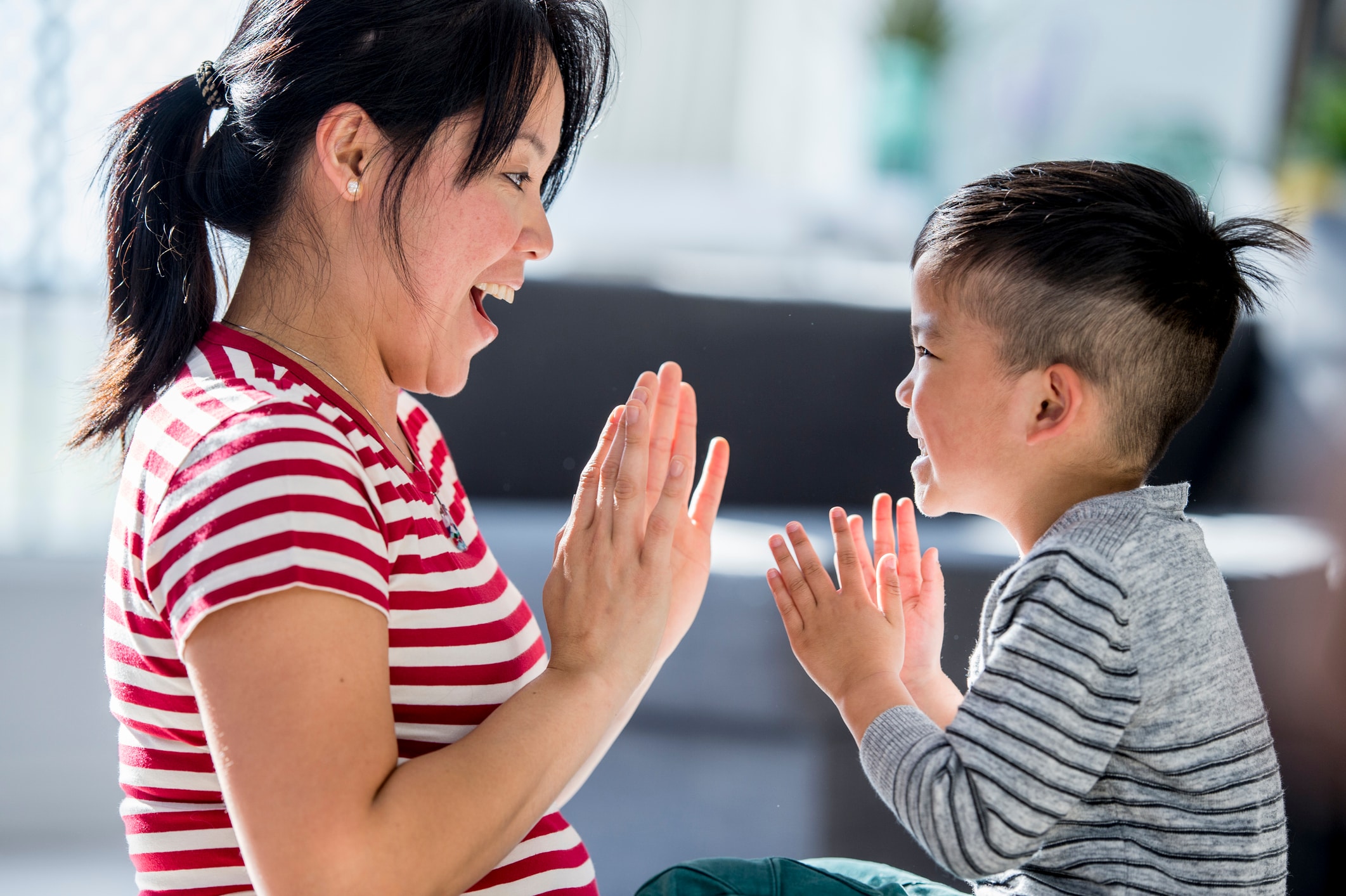Mothers are unique in their role and their importance to children. No one would deny this fact, not even mothers who work full time, and yet there is much controversy over it. Many believe that nurturing a child between the ages of 0 to 3 is a generic function which can be performed by fathers just as easily as healthy mothers. Yes and No.
We live in a culture which promotes independence and encourages women to leave their children at a young age and to return to work. We assert that women and men are equal in every way and there are no differences. We are also a culture in which at least half of the work force are women supporting their families. So it is natural to question if mothers are really so important to their children and if there is a difference between mothers and fathers.
Mothers and fathers are both important to children and have been for thousands of years, but in different ways. Mothers have traditionally been critical for attachment and emotional security, a base from which a child feels secure enough to explore the world. Fathers have traditionally helped children to separate from their mothers, to play, and to experiment and explore. Encouraging them to become more independent.
These functions are very different but both important and compliment each other as well as being necessary at different times in development. Children need empathic and sensitive nurturing in the first three years, to have their pain and discomfort reflected in the eyes of their primary caregiver and from that empathy comes strength and independence and the desire to play and explore.
In toddlerhood, children separate in earnest from their mothers and the call toward independence and exploration comes from their fathers traditionally if the father is emotionally and physically present enough.
So is there biology in this or is it all sociological. There is unsurprisingly a biological connection to nurturing. Mothers produce the neurotransmitter oxytocin when giving birth, breastfeeding and nurturing their children. It is this hormone that is responsible for sensitive empathic nurturing which instinctually leads a healthy mother to comfort her baby when in pain and to feel a sense of longing or loss when separated from her baby.
Fathers produce more of a hormone called Vasopressin which is the protective and aggressive hormone which instinctually is behind fathers encouraging resilience in their children. Think of mothers in the playground who lean down to comfort their children when they fall while fathers, tend to encourage children to brush themselves off and go on with play.
Recent studies show that when fathers stay at home with their children as primary caregivers they do produce more oxytocin but that oxytocin has the effect of making them more playful not necessarily more sensitive with their nurturing.

Is there an environmental influence with this? The answer is of course yes. Mothering and fathering is passed down generationally. The environment as shown by studies of fathers who are primary caregivers can actually make fathers brains look more like mothers brains. But when we alter our biology there may also be consequences we have yet to understand. For instance, in studies on fathers whose oxytocin levels go up, there is also evidence that their testosterone levels goes down. So as their investment in nurturing goes up their investment in mating goes down. Just as mothers often feel when they are caring for their young, libidinally challenged, fathers too may experience this change, it is yet to be determined.
So the answer is that there is biology in nurturing but there is also the influence of the environment. Fathers are going to stay home with children as primary caregivers, that is just the way it is now and it makes a good argument for helping fathers to be more like mothers in these early years. Teaching fathers to become more like mothers if they stay home with their babies is important for the emotional well being of those children. When we encourage resilience too early and to intensely before promoting emotional security it is like putting your shoes on before your socks.
So does that mean when fathers come to me for treatment and say they are bored with their babies I treat them as if they have postpartum depression like mothers? The answers lie in the future.What is for certain is that children do best in the first three years when they have a primary caregiver who is a sensitive empathic nurturer and that there is another co-parenting figure to help with separation. These roles seem to be changing in the increase of diverse family structures but the needs of children do not change.
Erica Komisar is a veteran psychoanalyst and parent-coach who has been in private practice for 25 years. A graduate of Georgetown and Columbia Universities and The New York Freudian Society, Ms Komisar is a psychological consultant bringing parenting and work/life workshops to clinics, schools, corporations and childcare settings including The Garden House School, Goldman Sachs, Shearman and Sterling and SWFS Early Childhood Center. She lives is New York City with her husband, optometrist and social entrepreneur Dr. Jordan Kassalow, and their three teenage children.
Pre-order her book, Being There: Why Prioritizing Motherhood in the First Three Years Matters and follow her on Twitter
EricaKomisarCSW and on Facebook .





